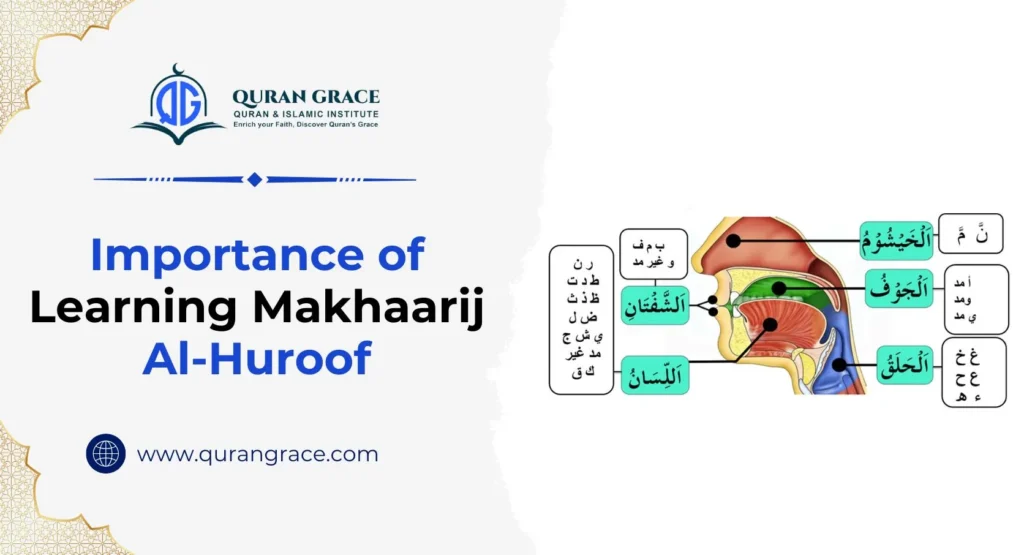The aspiration to memorize the Quran is a noble and deeply spiritual endeavor for many Muslims worldwide. However, what if you’re an adult convert, someone who didn’t grow up speaking classical Arabic, or simply someone with limited proficiency in the language? Is memorizing the Quran still a realistic goal without a strong grasp of Arabic?
The short answer is yes; it is absolutely possible to memorize the Quran without complete knowledge of the Arabic language. For those pursuing hifz Quran for adults program, the journey may be different and could present unique challenges and rewards compared to someone fluent in classical Arabic. Let’s explore the nuances of this path.
The Role of Arabic in Quranic Memorization
Before we explore how to memorize without full Arabic knowledge, it’s crucial to understand why Arabic is so important in the first place:
- Direct Understanding (Tafsir): The Quran is a divinely revealed text in Arabic. A deep understanding of Arabic grammar, morphology, and rhetoric allows for direct comprehension of its profound meanings, legal rulings, and spiritual wisdom. This understanding enriches the memorization process, transforming it from rote learning into a meaningful spiritual experience.
- Pronunciation (Tajweed): Proper recitation of the Quran follows strict rules of pronunciation, intonation, and articulation known as Tajweed. These rules are inherently tied to Arabic phonetics. Without a foundational understanding of Arabic sounds, mastering Tajweed can be more challenging.
- Context and Connection: Knowing Arabic helps connect verses, understand the flow of arguments, and appreciate the linguistic miracles of the Quran.
Strategies for Adults Memorizing Without Full Arabic Knowledge
While lacking full Arabic fluency might seem like a significant hurdle, numerous adults have successfully memorized the Quran by employing specific strategies:
1. By learning Correct Pronunciation (Tajweed)
This is arguably the most critical aspect. Even if you don’t understand every word, reciting it correctly is paramount.
- Find a Qualified Teacher: This is a non-negotiable requirement. A good Tajweed teacher (online or in-person) can guide you through the correct articulation of each letter and the application of Tajweed rules in your hifz course. They can correct your mistakes and ensure you are reciting the words as they were revealed.
- Listen Actively to Recitations: Immerse yourself in the recitations of renowned Qaris (reciters). Listen repeatedly to the verses you are memorizing. This helps internalize the correct rhythm, melody, and pronunciation. Many apps and websites offer verse-by-verse recitation.
- Utilize Transliteration (with caution): While transliteration can be a starting point for non-Arabic speakers, rely on it minimally. The nuances of Arabic sounds cannot be perfectly captured in English letters, and over-reliance can hinder proper Tajweed. Use it only as a crutch in the very beginning, then transition to reading Arabic script.
2. Understand the General Meaning
While full grammatical analysis might be out of reach, getting the general gist of what you’re memorizing is incredibly beneficial.
- Read Translations: Always read a reputable translation of the verses you are memorizing. This gives context and helps you connect with the message, making memorization more meaningful and less like memorizing random sounds.
- Listen to Tafsir (Exegesis) in Your Native Language: Many scholars offer simplified Tafsir lectures or audio series in various languages. Understanding the story, the reason for revelation (Asbab an-Nuzul), and the core message of the surah will aid recall.
- Use Word-for-Word Translation Apps: Some apps provide word-for-word translations alongside the Arabic text. This can help you gradually pick up individual vocabulary words and their meanings, even without formal grammar study.
3. Focus on Short Surahs and Gradual Progression
Don’t feel pressured to start with lengthy chapters.
- Begin with Juz Amma (Last Chapter): This section contains many shorter surahs that are often easier to memorize and are frequently recited in daily prayers. Building confidence with these will provide momentum.
- Consistent, Small Portions: It’s more effective to memorize a small amount consistently each day (e.g., 3-5 lines) than to attempt large chunks sporadically.
- Review Regularly: The key to long-term memorization is constant review of previously learned material. Integrate daily review sessions into your routine.
4. Supplement with Basic Arabic Learning
You don’t need to become an Arabic scholar overnight, but learning some basics can significantly enhance your memorization journey.
- Learn the Arabic Alphabet and Vowels: This is foundational for reading the Quranic script accurately.
- Recognize Common Quranic Words: Many words are repeated throughout the Quran. Learning the meaning of high-frequency words can quickly improve your understanding.
- Basic Grammar for Beginners: Even a rudimentary understanding of Arabic sentence structure (e.g., noun-verb agreement, common prepositions) can help you see patterns and make sense of the text. There are many beginner-friendly resources available.
5. Cultivate a Spiritual Connection
Memorization should be a form of worship and a means of drawing closer to Allah.
- Intention (Niyyah): Renew your intention daily. Remind yourself why you are doing this – for Allah’s pleasure, to internalize His word, and to benefit your spiritual life.
- Supplication (Du’a): Constantly ask Allah for help, guidance, and ease in your memorization journey.
- Reflect on the Meanings: Even with translations, take time to ponder the messages of the verses. This spiritual engagement reinforces memorization.
- Frustration with Lack of Understanding: It can be disheartening to recite words without fully grasping their depth. Counter this by focusing on pronunciation perfection and reminding yourself that understanding will grow over time.
- Difficulty with Retention: This is common for everyone. Consistent review, breaking down sections, and teaching what you’ve learned to others (even just reciting to a friend) can help.
- Finding a Good Teacher: If local options are limited, explore online platforms and reputable Quran academies that offer remote one-on-one sessions.
- Time Commitment: Memorizing the Quran is a marathon, not a sprint. Be patient with yourself, celebrate small victories, and maintain a consistent schedule.
Conclusion
Memorizing the Quran is easy for anyone who has a sincere intention and dedication, regardless of their initial proficiency in Arabic. While having a strong understanding of Arabic can enhance the experience, it is not a requirement for memorization. To begin this blessed journey, you can also consider joining the exclusive quran classes for adults at Quran Grace with a free evaluation session in the beginning.








